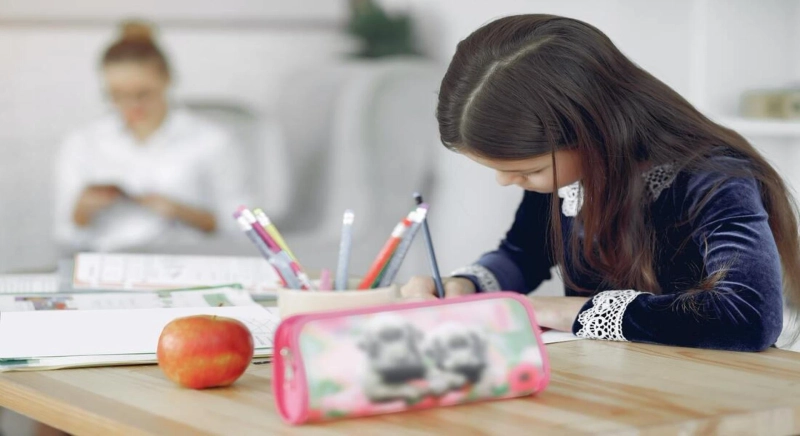Here are the three qualities of a good student:
Positive attitude towards academics
A positive attitude towards learning defines a good student as they look at the coursework and workload constructively. But, it’s not always about what can they can do in the classroom or how bright they are; it is about constant improvement. Teachers award resilience as they see the students striving to do better.
● Study habits: Constructive learning habits like assigning time to study every day, utilizing different modes of learning, or discipline, it’s instances like these that enable students to think of the work as an integral part of academics, and not just a tool to pass the exams. A good number of schools work on facilitating such habits on their students so that they will think of learning positively.
● Organisation skills: Stellar organization skills help the students effectively manage their time. It allows them to spend time on assignments or projects and make time for personal and social activities. Schools direct the students towards managing their time effectively and make time for all the essential activities, including rest.
● Outside classroom activities: Outside classroom activities are essential for students to develop a positive outlook towards learning. For example, hands-on experience on a project will make education a joyful experience that in turn, will help nudge the attitude of the student to the positive side. Moreover, it is vital to introduce the students to multiple activities. If a learner has a flair for Literature and they have to pursue stem-courses, they will not have a positive attitude towards the subject.
A holistic approach to learning
This quality of students stands out as it showcases how series they are and primarily when employ a holistic approach towards learning.
● Collaboration: Social skills is a quality that plays a significant role in boosting the self-confidence of the students and introduces them to different perspectives. Schools like Global Indian International School Surat facilitates collaborative learning to work constructively with other students.
● Work independently: Being self-reliant is just as crucial as working in a group. Generally, motivation drives such students to work independently. Schools aim to cultivate this skill by nudging the students to set up goals and develop plans for studying. More importantly, allowing them to self-assess their work.
● Critical thinking: This competency allows the student to incorporate a holistic approach to analyze a piece of work or information and draw useful conclusions. Critical thinking can be incorporated into the classroom by staging open-ended questions that are more than a ‘yes or no’. Moreover, encouraging students to brainstorm in the classroom.
Passion for a subject
Every student has a passion for a subject for which they can go above and beyond. It can be an academic subject or sports, and the key is to showcase an unyielding devotion. Good students have this quality, and they utilize it as:
● Align with the future goals: Let’s say the student has “Science” as a favorite subject. They will aim to pursue this subject by aligning it with their plans. For instance, the learner will want to pursue a STEM-related subject for higher education and opt for it as a profession.
● Extracurricular activities: Utilising extracurricular activities to deep dive into the subject. For instance, if a student is interested in Literature, then they will join literature or reading clubs to study the subject in detail that goes beyond just working on the assessments. For this to flourish, schools need to have a variety of activities or clubs that the students can join.
Students can develop these habits with practice and resilience.


